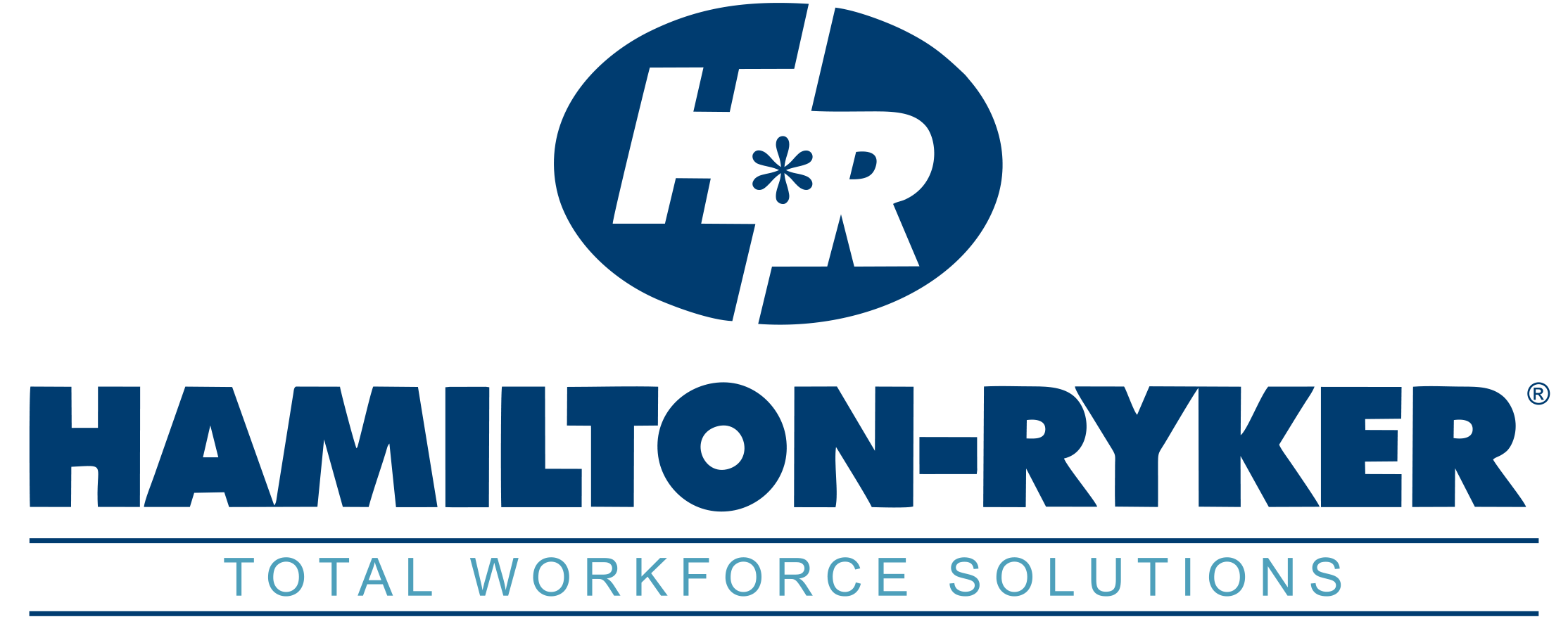What Do You Need to Know About Compliance Post COVID-19?
The COVID-19 pandemic is indisputably disruptive. Along with altering the daily lives of nearly everyone, it fundamentally changed business operations for companies all around the globe. The impact wasn’t just functional, but regulatory- and compliance-related as well.
Dealing with compliance issues may remain a challenge for the foreseeable future. Largely, this is due to the fact that the situation remains fluid. Adaptability has been a priority for many companies. However, that doesn’t mean regulatory requirements can be ignored.
If you are wondering what your company needs to know about compliance in a post-COVID-19 world, here’s a look at how the landscape has changed.
The Impact of COVID-19 on Compliance
When the pandemic led to widespread stay-at-home orders, businesses had to reevaluate how their operations were run. Critical functions had to continue, even if employees weren’t reporting to a traditional office. As processes were converted, allowing workers to telecommute, new risks and flaws were quickly identified.
Compliance teams had to work quickly. Often, they were solution-, not efficiency-, oriented. The goal was to meet regulatory requirements fast, even if the necessary approach was less than optimal.
While compliance teams were ultimately highly dynamic, they weren’t always able to come up with approaches that would stand the test of time. Often, solutions were patchwork and implemented with a degree of haste. Functional was more important than optimal; it was survival mode.
As the pandemic continued, the degree of urgency subsided. Compliance teams were soon able to reflect on the actions taken, seeing that, while meeting their needs at the time, many approaches needed adjustments. It became time to embrace a new normal.
The New Normal for Compliance
At the beginning of the pandemic, speed was a priority. Now that many foundational mechanisms are in place, compliance teams can refocus. While remaining agile is still a must, as the situation remains fluid, optimization can now be on the table.
Compliance teams need to conduct risk assessments regularly, focusing on critical areas that are subject to the highest degree of scrutiny. The goal should be to identify potential issues and find methods for addressing them that could work for at least the medium-term, if not the long-term. For example, the difficulties that are created by the telecommuting paradigm need to be closely examined, ensuring adjustments can be made that improve compliance and mitigate risk.
Additionally, staying apprised of any new risks is a must. Regular assessments can make that possible, allowing compliance teams to keep an eye on an ever-evolving workplace paradigm. Ultimately, it isn’t clear what the business world will look like in the weeks or months ahead. Vigilance is the key, as it allows companies to create dynamic solutions that align with regulatory requirements.
Do You Need Compliance Services for a Post-COVID-19 World?
At Hamilton-Ryker, we pride ourselves in offering comprehensive compliance services that meet the needs of today’s employers, especially during these unprecedented times. If you would like to find out more about our unique offerings and how they can help you navigate the complexities of post-COVID-19 compliance, contact us today.

